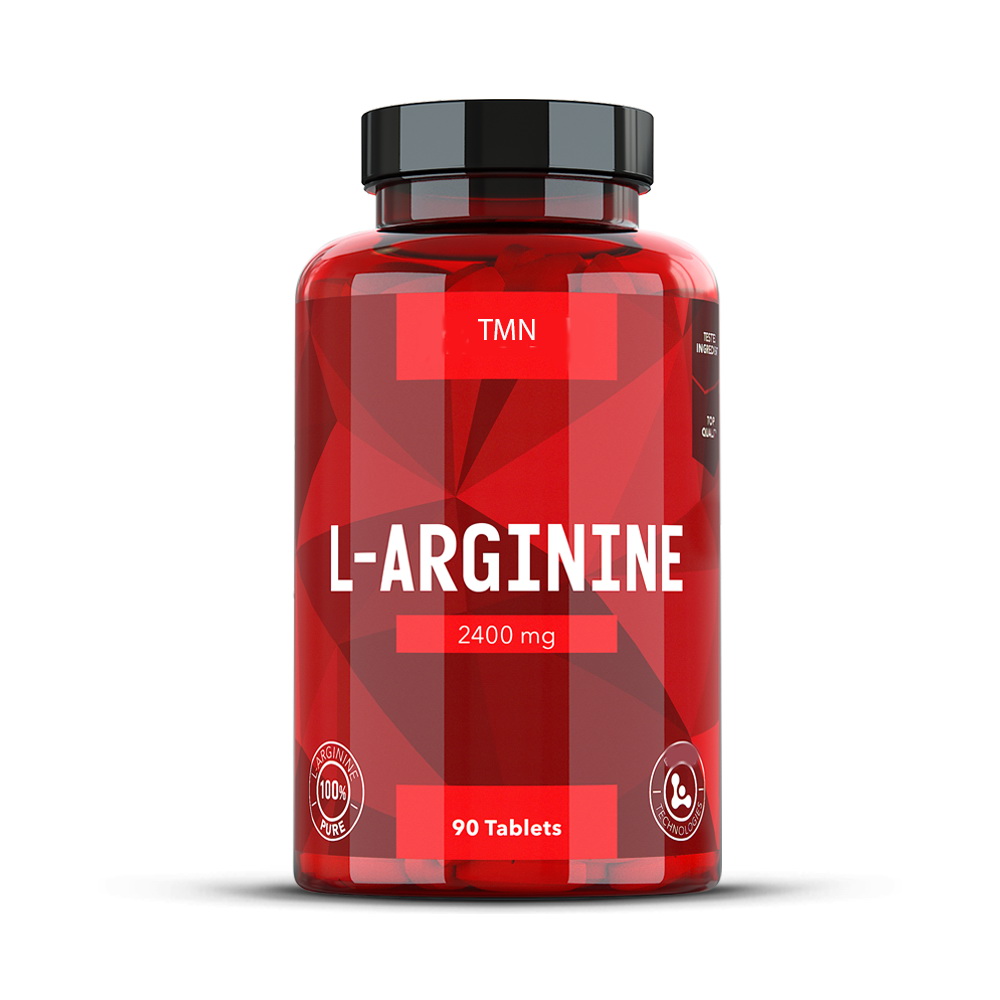BREAKTHROUGH! Polyglutamine Disease: Japanese Researchers Discover Arginine To Treat Neurodegenerative Diseases Like Spinocerebellar Ataxia, Huntington Disease, Etc
Source: Neurodegenerative Diseases May 25, 2020 5 years, 9 months, 2 days, 16 hours, 55 minutes ago
Polyglutamine Disease: Japanese researchers from Osaka University, National Center of Neurology and Psychiatry, and Niigata University have identified the natural amino acid arginine as a novel potential approach to attenuate symptoms, as well as the molecular pathogenesis of Polyglutamine (polyQ) diseases.

Polyglutamine (polyQ) diseases are inherited neurodegenerative diseases such as familial spinocerebellar ataxia (SCA), Huntington disease, and spinal and bulbar muscular atrophy which all have similar molecular pathogenesis.
Present treatment protocols for these diseases only focus on symptomatic improvement, as disease-modifying approaches have remained an unmet clinical need.
The new Japanese research published in
the journal Brain, show how arginine improved neurological symptoms when given to animal models with polyQ diseases before and even after the onset of symptoms.
https://academic.oup.com/brain/advance-article-abstract/doi/10.1093/brain/awaa115/5841546?redirectedFrom=fulltext
Typically, PolyQ diseases are caused by an abnormal expansion of a specific DNA sequence consisting of the three bases: cytosine, adenine and guanine (CAG). In certain genes that are important for normal neuronal function, CAG can appear back to back multiple times.
Often, the number of CAG repetitions varies between individuals and different neuronal genes, but if the repetition happens too often, the function of the protein that is built from the gene can be severely impaired. While an increased number of CAG repeats results in protein misfolding and aggregation with concurrent damage to nerve cells, medication that actually halts this process of neurodegeneration has yet to be developed.
Dr Yoshitaka Nagai, corresponding author of the research told Thailand Medical News, "For a while now, we could not cure patients with polyglutamine diseases. Instead, we have had to resort to symptomatic therapy as the only medical option. The goal of our study was to find a new disease-modifying drug for polyglutamine diseases."
We Desperately Need Your Help. Please Help To Sustain This Website And All Our Initiatives To Propel Research By Donating. https://www.thailandmedical.news/p/sponsorship
The research team in order to achieve their goals, turned to chemical chaperones, molecules that facilitate proper protein folding, to prevent the build-up of protein aggregates.
By selectively screening a number of chemical chaperones for their ability to prevent protein aggregation in a test tube, they discovered that arginine, a naturally occurring amino acid, had the strongest inhibiting effect on protein aggregation. In a separate set of experiments using living cells, the researchers then found that arginine was also able to prevent agg
regate formation of polyQ proteins.
Lead author of the study Dr Eiko Minakawa commented, "These findings show how arginine could alleviate the detrimental effects of polyQ aggregate formation. We next wanted to know if arginine could slow down or halt the progression of different polyQ diseases in living organisms."
In order to assess the therapeutic potential of arginine, the researchers utilized well-established mouse models of familial spinocerebellar ataxia, and spinal and bulbar muscular atrophy. When added to their drinking water before symptom onset, arginine inhibited polyQ protein aggregation as well as suppressed motor impairment and neurodegeneration of the mice. Intriguingly, even after the onset of neurological symptoms, arginine was able to ameliorate the detrimental effects of familial spinocerebellar ataxia.
Dr Nagai said, "These are striking results that show how arginine has therapeutic potential for familial spinocerebellar ataxia, which to date has been an incurable disease. Our next goal is to conduct clinical trials to use arginine as a novel therapy for polyglutamine diseases including spinocerebellar ataxias."
The Japanese researchers are now seeking regulatory approvals and are planning to start clinical trials as early as September this year.
For more on
Polyglutamine diseases, keep on logging to Thailand Medical News
We Desperately Need Your Help. Please Help To Sustain This Website And All Our Initiatives To Propel Research By Donating. https://www.thailandmedical.news/p/sponsorship
